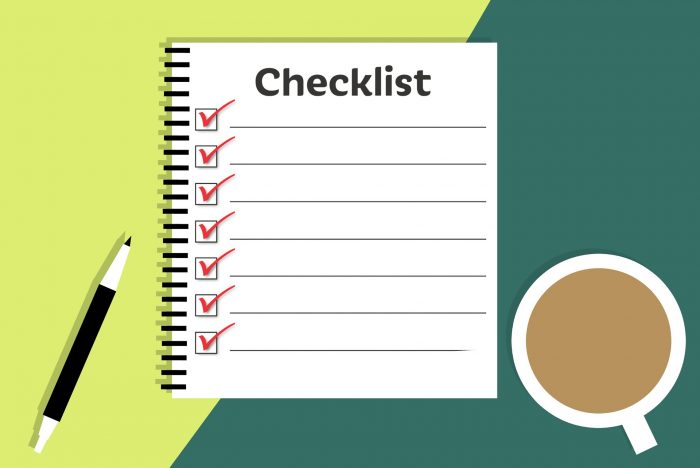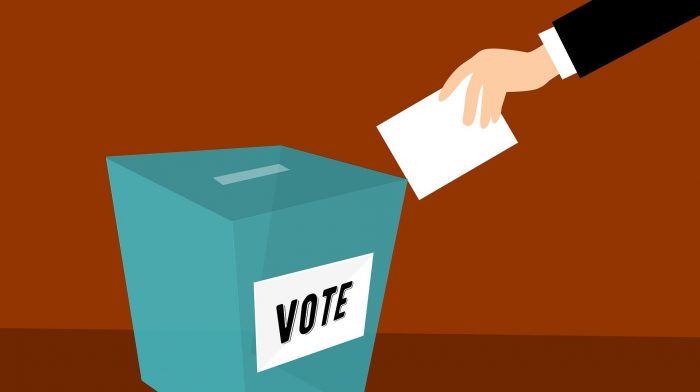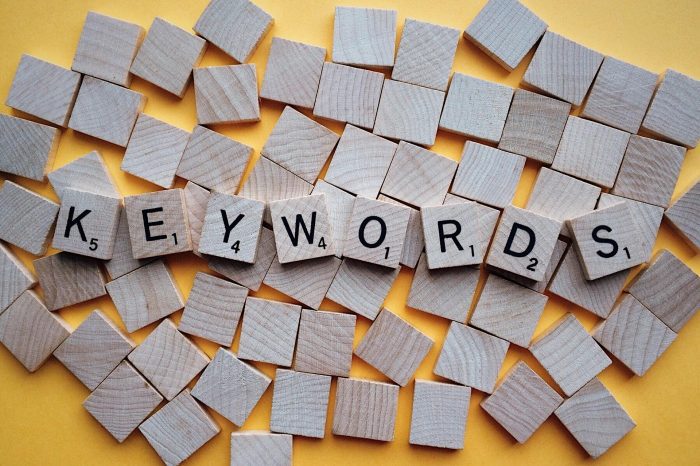Across the TBR News Media coverage area, on the minds of many board of education candidates running for trustee this election cycle has been the need for greater access to mental health services for students.
In general, the topic of mental health continues to come up more and more as the number of people suffering from this affliction increases. Americans are feeling the impact of COVID-19 shutdowns and of the isolation and loss of control that have followed. The news of more shootings nationwide has brought the issue and its repercussions to the forefront.
The mission of providing mental health assistance or increasing that aid to children and adolescents makes sense and the reasons to do so are countless. According to the Centers for Disease Control and Prevention, one in six U.S. children aged 2–8 years has been diagnosed with a mental, behavioral or developmental disorder. During the period of 2018-19, among adolescents aged 12-17 responding to a study, approximately 15% had a major depressive episode and nearly 37% had persistent feelings of sadness and hopelessness.
Adolescents today are also having more violent thoughts than they had in the past. It’s now increasingly vital to sit down with young people and get to the root causes of violent ideation. What is triggering such thoughts and how can we address them adequately?
Before the pandemic, mental health problems were already rising, exacerbated by people, especially young ones, sitting in front of computer screens and smartphones, comparing their lives to others. For many, COVID-19 shutdowns only compounded their miseries with more quiet time to sit with their feelings yet without opportunities to express their thoughts in a safe place.
While many therapists offer virtual appointments through Zoom and other platforms, sometimes a patient, especially an adolescent, can feel even more isolated in such a forum as it can be difficult for some to connect with another through a screen.
This general disconnect from society can be detrimental to anyone, especially a child who is just starting to figure out what life is all about and the part he or she plays in it.
Our nation is in the midst of Mental Health Awareness Month, which has been observed in the U.S. since 1949. Now more than ever, it’s important to educate ourselves on the signs of mental health problems and how we can all help. Sometimes it’s as simple as letting those whom we love and who look to us for guidance know they are not alone. People who are struggling need to know they have someone to talk to so that they don’t feel alone and desperate.
At other times, we need to identify the proper balance between keeping one’s secrets and asking for help, even if it means reaching out to a parent, teacher or professional.
Discussions on how to provide our children the best mental health services need to continue past budget votes and BOE elections. Reach out to your board of ed, attend school board meetings and ensure that providing students the help they need is not a talking point but a priority.
















